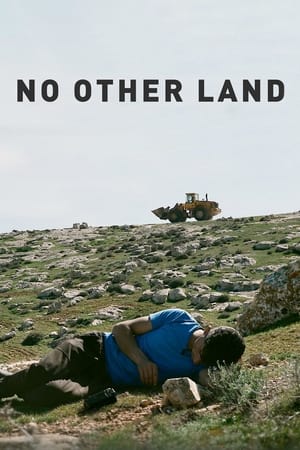Cowspiracy: The Sustainability Secret (2014) Documentary Review: A Bold Exploration of Environmental Impact
Cowspiracy: The Sustainability Secret, directed by Kip Andersen and Keegan Kuhn and released in 2014, is a provocative documentary that delves into the environmental impact of animal agriculture. This eye-opening film challenges the conventional wisdom around sustainable living and raises critical questions about the role of the meat industry in environmental degradation.
Plot Overview
Cowspiracy investigates the environmental impact of livestock farming, arguing that it is one of the leading causes of climate change, deforestation, and loss of biodiversity. The documentary follows Kip Andersen (played by himself) as he explores the hidden costs of animal agriculture and seeks to uncover why mainstream environmental organizations often fail to address this issue.
The film presents a compelling argument that reducing or eliminating meat consumption is crucial for achieving environmental sustainability. Andersen interviews experts, activists, and industry insiders to reveal the often-overlooked connections between animal agriculture and environmental destruction.
Directorial Approach
Kip Andersen and Keegan Kuhn’s direction in Cowspiracy is characterized by its bold and investigative style. The film employs a combination of interviews, research, and on-the-ground footage to build a case against the environmental practices of the animal agriculture industry. The directors’ approach is both engaging and confrontational, aiming to provoke thought and inspire action among viewers.
The film’s pacing and narrative structure effectively balance the presentation of facts with emotional appeals, creating a compelling argument for re-evaluating our food choices and their environmental impact.
Key Themes
Cowspiracy tackles several key themes related to environmental sustainability:
- Environmental Impact of Animal Agriculture: The film highlights the significant contributions of livestock farming to climate change, deforestation, and resource depletion. It argues that the environmental footprint of animal agriculture is often underestimated and underreported.
- Mainstream Environmental Organizations: The documentary questions why major environmental groups do not prioritize animal agriculture in their campaigns and advocates for greater transparency and accountability.
- Personal Responsibility and Action: Cowspiracy encourages viewers to consider the environmental impact of their food choices and explore plant-based diets as a means of reducing their ecological footprint.
Reception and Impact
Cowspiracy has received acclaim for its bold and informative approach to environmental issues. The documentary has been praised for its thorough research and its ability to challenge established norms and beliefs. It has sparked conversations about the role of diet in sustainability and has influenced many viewers to reconsider their food consumption habits.
The film has also faced criticism from some quarters for its one-sided perspective and for not fully addressing the complexities of the issues it raises. Nevertheless, it has made a significant impact in raising awareness about the environmental impact of animal agriculture and encouraging discussions about sustainable living.
Streaming and Rental/Purchase Options
For those interested in watching Cowspiracy: The Sustainability Secret, here are some options:
- Streaming Services: The film is available for streaming on platforms such as Netflix, Amazon Prime Video, and other services that feature documentaries.
- Rental/Purchase: Cowspiracy can also be rented or purchased on popular platforms like Amazon Video, iTunes, Google Play, and Vudu. Rental prices typically range from $2.99 to $4.99, while purchase prices range from $9.99 to $14.99, depending on the platform and video quality.
Conclusion
Cowspiracy: The Sustainability Secret is a powerful and thought-provoking documentary that offers a critical examination of the environmental impact of animal agriculture. Directed by Kip Andersen and Keegan Kuhn, the film presents a compelling case for re-evaluating our food choices and emphasizes the need for greater attention to the environmental consequences of livestock farming.
















